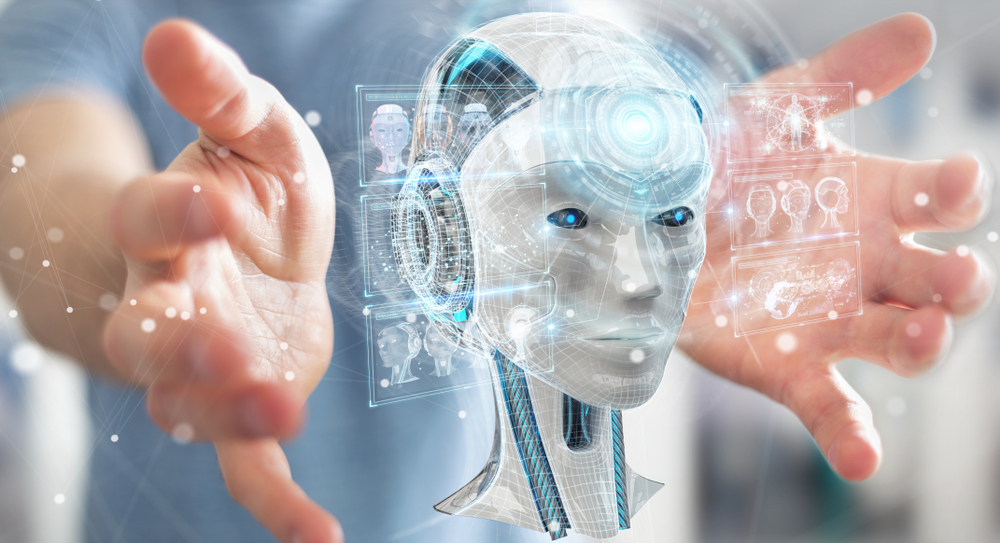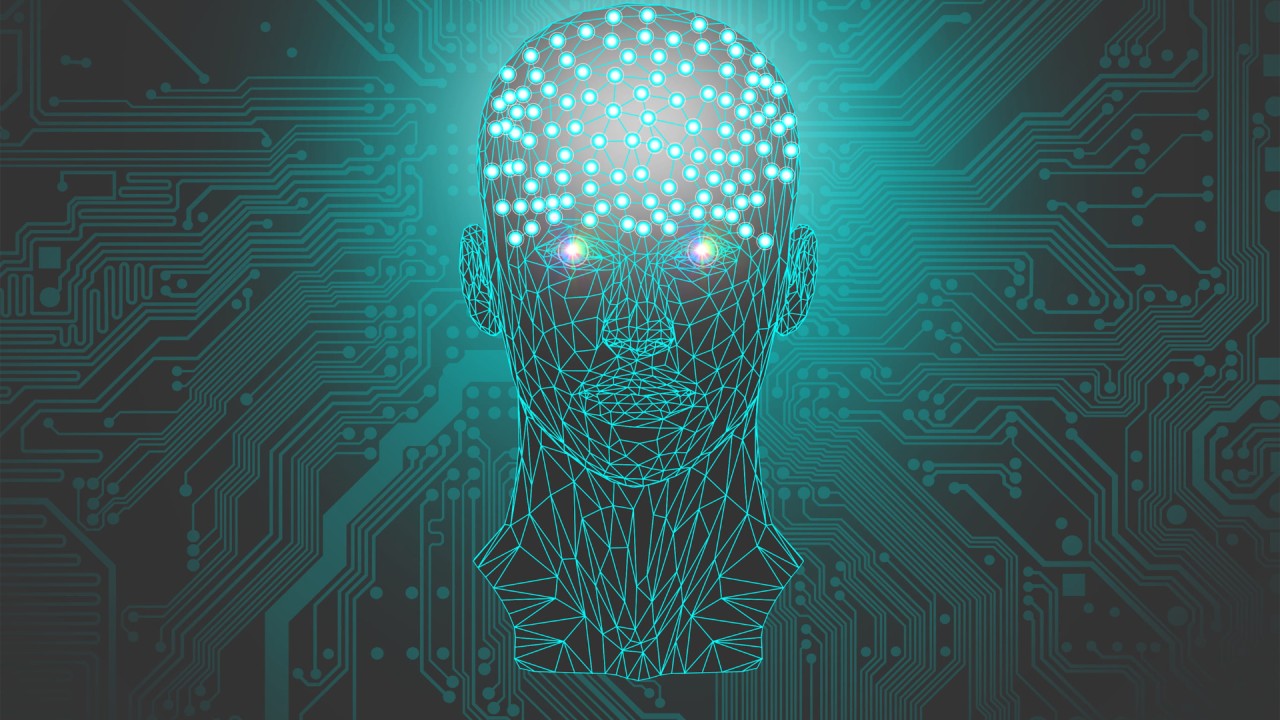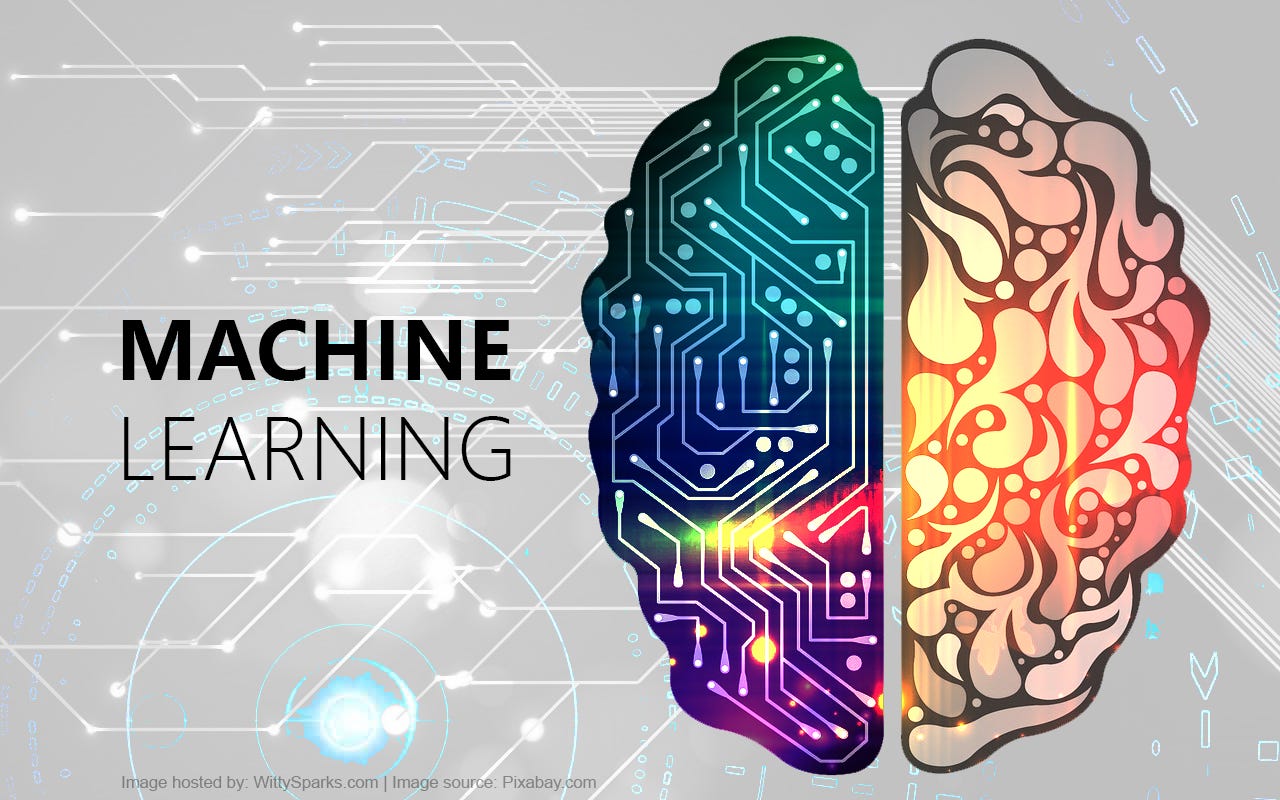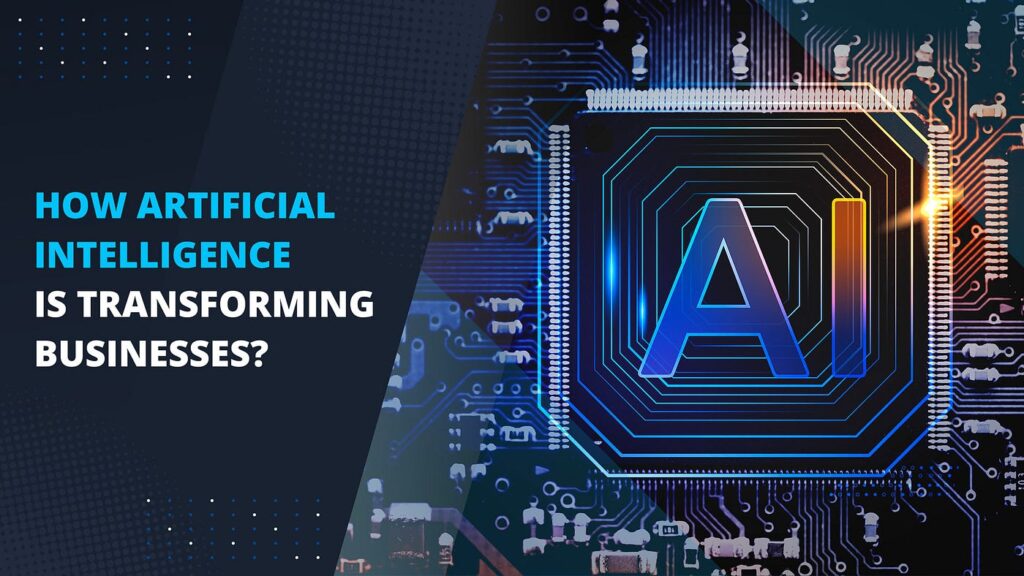Table of Contents
AI is reshaping the IT industry gradually from the core. Everything present in the IT sector is determined to transform and improve to face the future AI will majorly drive. From transforming traditional computing methods to diving deeper into the operations and workflows of numerous industries, digitization powered by AI is sure to come. There will be smarter IT companies that will resort to multiple AI technologies to address their industrial complexities and amplify their ability to develop innovative solutions.
The blog continues to provide you with more information related to the topic as we delve deeper into diverse solutions that AI has introduced for today and the near future.
AI is at the Forefront

Recently the IT industry has been facing a tricky situation wherein it’s juggling several acts such as promoting innovative projects and simultaneously handling the ramifications of traditional infrastructures. With the increasing complexities in the IT industry, clients are also changing their preferences and choices. This has led to pushing IT to practice more result-oriented solutions that can resolve the core problems of its operations management and work environments. As AI has brought massive advancement in the sector through its usage in dynamic, diverse, and difficult scenarios.
Varied AI Technologies

AI performs human-like tasks such as problem-solving, text recognition, speech recognition, and content interpretation. Computers can now take over several tasks like data analysis and recognizing data patterns by using AI-powered tools. Transparency Market Research has estimated 36.1% growth in the AI market worldwide between 2016 to 2024.
Diverse Technology Segments
AI has a spectrum of technology segments such as deep learning, machine learning, natural language processing, speech recognition, and image processing. The core role of any IT company is more into machine learning and deep learning.
Machine Learning

Learning is the key to intelligence, and Machine learning is a part of AI focusing on computer programs that are powered with specific algorithms. These programs run without human intervention, produce expected output, and can smartly analyze the data. With ML technologies, the machine gets trained to analyze huge sets of data and can perform human-like tasks.
Deep Learning
As part of ML, deep learning works with specific algorithms and analogous techniques. The system is well-trained to classify tasks through texts, sounds, and images that are backed with massive amounts of labelled data.
Natural Language Processing
NLP facilitates AI in interpreting and manipulating language to make it natural like humans do. Computers can read text and decipher spoken words with great ease. NLP gets this power by using two concepts namely Natural Language Understanding and Natural Language Generation. They are engine power chatbots with intelligent virtual assistants that talk with users.
Computer Vision
AI can provide meaningful insights from digital images and videos with computer vision. The extracted information can take action by making recommendations enabling computers to think, see, observe, and understand.
AI in Quality Assurance
Whenever any development team comes up with a new code, it needs rigorous testing before it enters the market. Several regression testing cycles need time and effort as it is done manually by QA experts. However, AI usage will help the experts to determine repetitive patterns, analyze data, eliminate human errors, and decrease run time for testing with seamless identification of possible defects. In this manner, the QA team does not require handling large amounts of data as it is now handled by AI tools and technologies. Mostly, there are below types of testing:
Application Testing
Systems are first built with AI and get tested by processing behavioral patterns as per the device, location, and demographics. QA departments can help companies conduct various testing processes that improve application efficiency.
Social Media Analysis
AI systems can process and analyze huge amounts of data through social media. These data sets are interpreted to envisage market trends and customer behavior.
Defect Analysis
There are powerful AI tools that conduct deep monitoring and analysis of data according to the prescribed parameters. They can detect errors and the areas that need special focus
Efficiency Analysis
There is an array of resources that are analyzed and valuable information is derived with effective AI Quality Assurance systems. QA engineers can view the alterations that may be needed and more informative decisions can be made.
AI in Service Management
AI technologies are comprehensively utilized in the service management sector as well. With AI implementation, companies automate services and redirect the usage of resources into more effective projects to ensure better and more efficient service delivery. You may need to look into the following aspects:
AI in Process Automation
AI is on its way to outpacing humans along with network innovation, evolution, and constant changes. Business processes have become smarter and more contextual with AI. AI-powered automation will make IT companies easily automate operational processes, minimize manual work, and reduce expenses. IT process automation is streamlining IT operations with different types of situations replacing repetitive manual tasks.
Computer Engineering Powered with AI
Computer Programming is the future of AI. Traditional programming involves a series of codes with rule-based decisions with complex conditionals. The futuristic AI systems will be seen running and managing software development cycles, interpreting codes, etc. AI will help human programmers build complex APIs and make the coding job for developers easy and seamless.
AI in IT Operations
Gartner coined the term ‘AIOps’ as AI is used in information technology at multiple platforms. AIOps involves analytics, big data, and machine learning capacities for data process automation and better decision-making. It provides exclusive insights into past and present situations of IT systems that are based on real-time analytics and historical data. Moreover, AIOps simplify IT operations management and resolve various problems present in the traditional IT infrastructures. IT companies are presently facing several complexities such as high volumes of primary data collection systems, continuous rise of information sources, and improved system modifications that complicate its performance. To get the most out of the AIOps platform, you must first ensure it meets all your business goals.
AIOps platform contains the following features:
Receiving data packets
Log reception
Reception of digital indicators
Automated pattern discovery and prediction
Anomaly detection
Identification of the true source of problems
Stream data management
How can Softqube help you?
At Softqube, we pride ourselves on our deep expertise in the realm of AI/ML, propelling businesses into the future with cutting-edge solutions. Within the hospitality sector, our robust AI-driven algorithms excel in hotel rate prediction, enabling establishments to optimise their pricing strategies, enhance guest experiences, and maximise revenues. This precise forecasting not only considers historical data but also integrates real-time market trends, seasonal fluctuations, and other critical determinants. In the healthcare domain, Softqube’s AI-powered tools are revolutionising disease diagnosis. Our advanced diagnostic systems can swiftly and accurately identify a plethora of conditions, ensuring timely interventions and improved patient outcomes. Our dedication to harnessing the power of AI/ML transcends industries, positioning us as a trusted partner in driving innovation and efficiency.
Conclusion
With the increasing usage of AI tools and technologies, businesses will become more intelligent and highly efficient. Finding solutions to complex problems and tricky situations, the IT industry will surely resort to AI. Be it ML or Deep learning, AI will evolve the entire IT operations and will make it smart, efficient, and time-saver. Services management, Quality assurance, and Process Automation are the core areas where AI will focus. Lastly, the concept of AIOps will take over repetitive tasks and will provide an efficient way for businesses to manage IT operations.
For More Information Please Visit These Websites Viprow And Vecteezy

